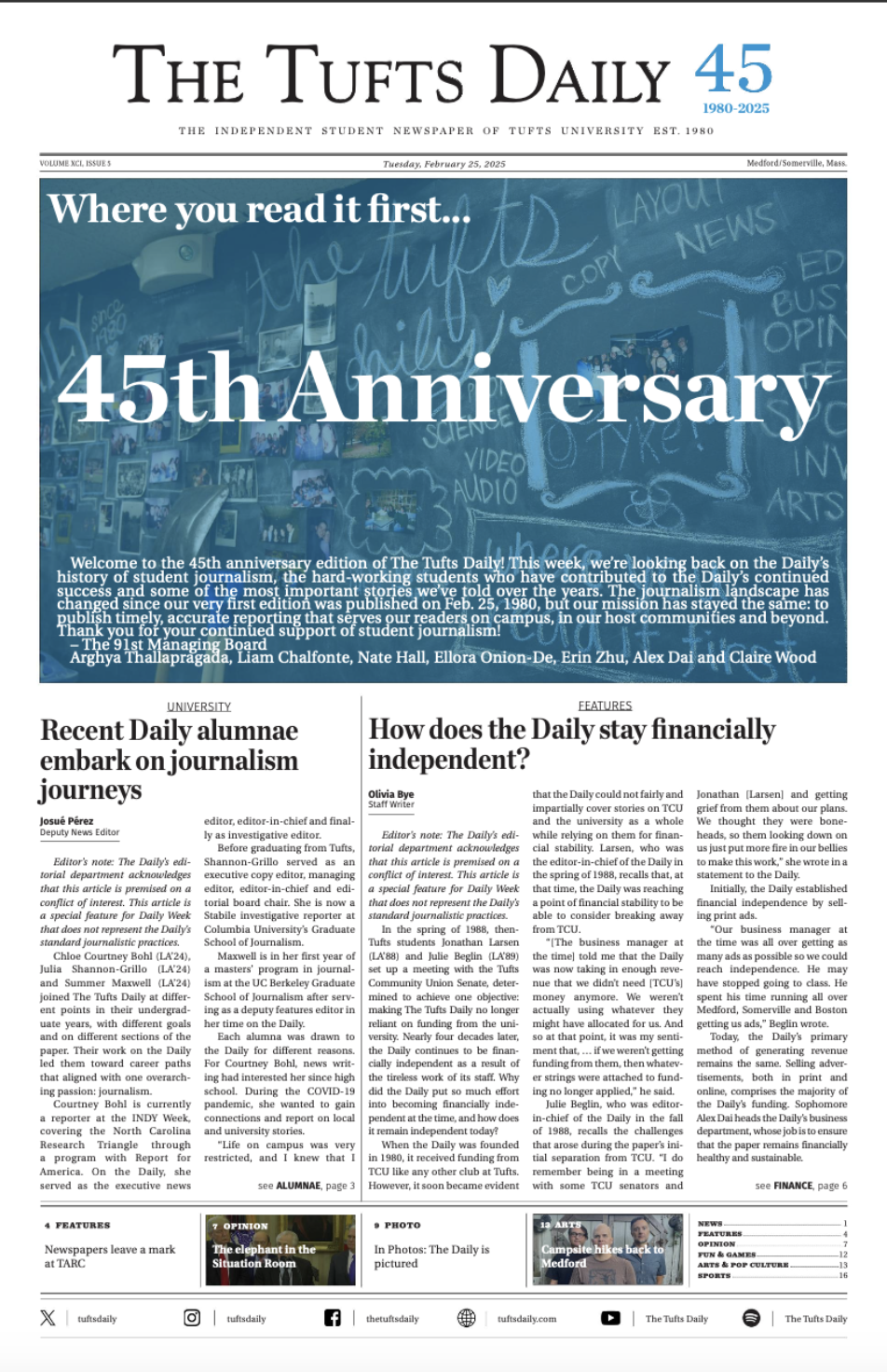If you were in the area last summer, you might remember hearing about a Green Line collision in Allston that injured nearly 30 people in July. Things didn’t stop there — in early September, Boston UniversityprofessorDavid Jones fell through rusted stairs near JFK/UMass and died. Later that month, an escalator reversed direction at Back Bay station, causing people to fall over each other like dominoes, injuring nine.
A normal response to events like these, just from my own thinking, would be to investigate, identify the source of issues and simply fix them. Going forward, you would want to double down on safety improvements in stations like these. You obviously don’t want people getting injured or killed at your train stations.
So why then, as the Boston Globe reported recently, did the Massachusetts Bay Transportation Authority’s subcommittee on safety not even bother to ask about incidents like these?
As the article points out, the board failed to ask questions about the escalator incident at Back Bay station in its recent monthly meeting, which took place on Feb. 10. The incident was relevant to the meeting — it talked about escalator safety, after all — so the omission was certainly strange.
The Globe article does well to acknowledge the position transit advocates have taken and continue to take on the issue, which is that the MBTA board of directors’ oversight is lacking, resulting in a slow-moving, unaccountable bureaucracy. Similar frustrations were voiced by the family of David Jones. Jones fell through a condemned set of stairs which the MBTA had deemed unsafe for nearly two years before Jones’ death, but, according to an MBTA engineer, the situation was not dealt with due to ambiguity around who actually owned the stairs.
Safety issues have continued to grab headlines more recently too. Only days before the MBTA’s safety subcommittee met, a fire broke out on top of a Green Line train at the Boylston station on the Boston Common.
Now, riding the T is still safer, cheaper and significantly less destructive to the planet than driving a car. But all of these issues compound to not only hurt the MBTA’s image in the eyes of professionals but also to persuade people away from using public transit in Boston. Furthermore, safety issues like those on the Green Line in the past year lead to irritating service interruptions that make the T less reliable for riders. This is the cost of bad oversight — when no one is pushed to investigate and remedy safety issues, it is only a matter of time before more issues pop up that go similarly unchecked. Oversight is one of those things that, and please don’t hate me for using this term, must trickle down from strong leadership. Accountability is a must, and proper oversight and accountability from the MBTA board is imperative to keep riders and MBTA workers safe. So let’s get on it!





